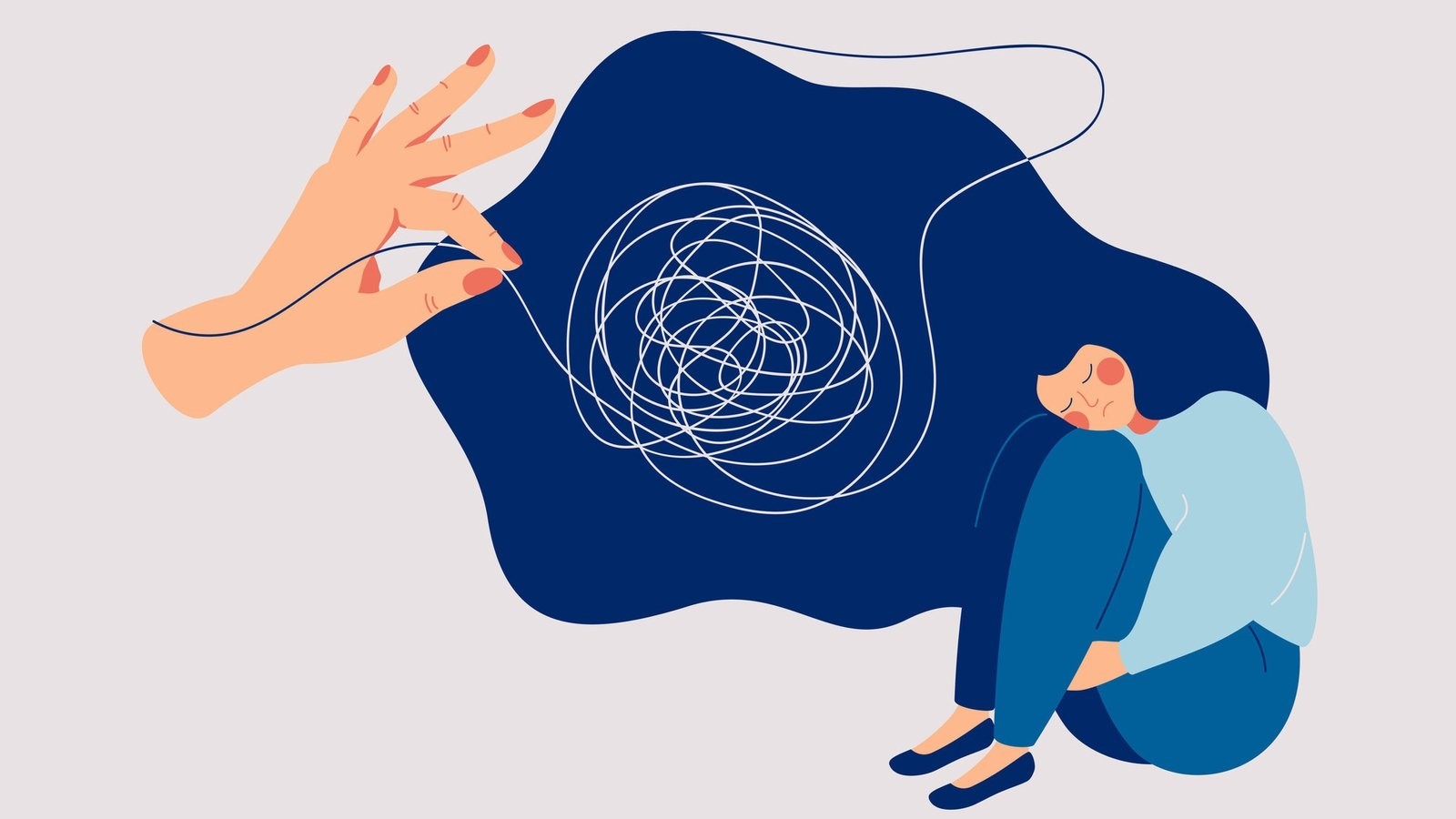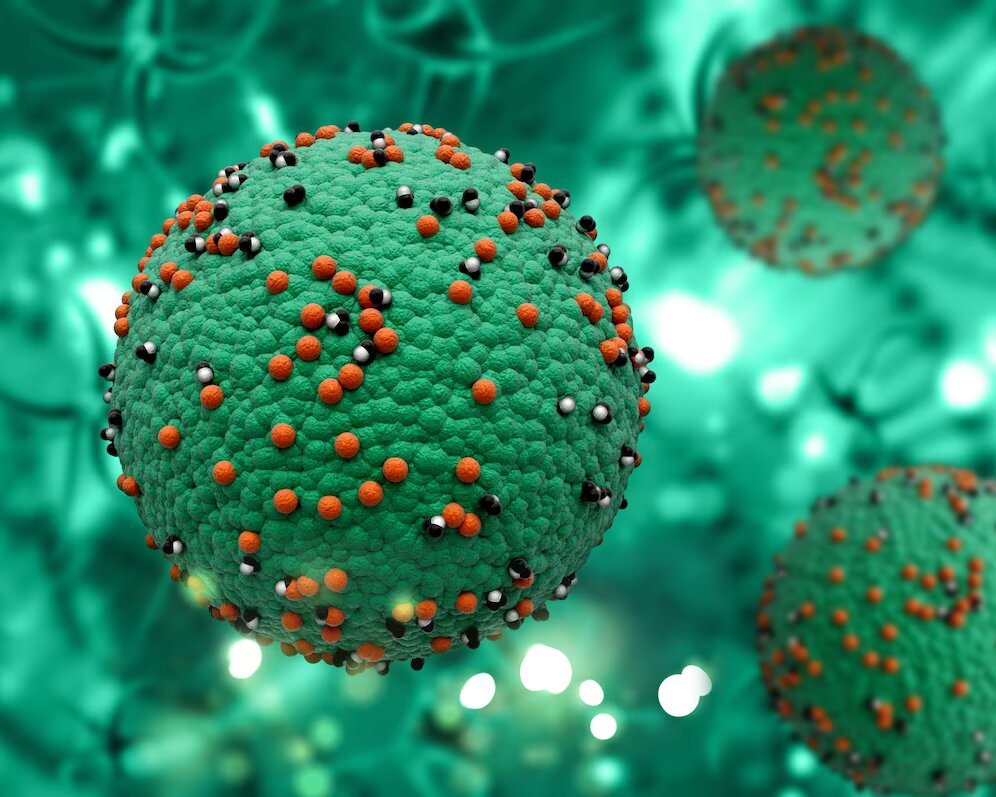Breakthroughs in Mental Health: Latest Treatments and Therapies
Mental health has long been a critical aspect of overall well-being, yet it is only in recent years that it has garnered the attention it truly deserves. Advances in science and technology have paved the way for innovative mental health treatments, providing hope and relief to millions worldwide. This article delves into the latest breakthroughs in mental health treatments and therapies, exploring how they are revolutionizing the field.
The Evolution of Mental Health Treatments
Historically, mental health treatments were rudimentary and often inhumane. From the use of lobotomies to electroconvulsive therapy (ECT), early methods were often more harmful than beneficial. However, the landscape has changed dramatically with the advent of modern medicine and psychology. Today, mental health treatments are more nuanced, evidence-based, and patient-centered.
Pharmacological Advancements
- Next-Generation Antidepressants
- Traditional antidepressants, such as selective serotonin reuptake inhibitors (SSRIs) and tricyclic antidepressants (TCAs), have been the cornerstone of depression treatment for decades. However, they are not effective for everyone and often come with a host of side effects. The development of next-generation antidepressants, such as ketamine and esketamine, has been a game-changer. These drugs work on the glutamate system, offering rapid relief from depressive symptoms, often within hours.
- Psychedelic-Assisted Therapy
- Psychedelics like psilocybin (found in magic mushrooms) and MDMA (commonly known as ecstasy) are gaining traction as potential treatments for various mental health conditions, including PTSD and depression. Clinical trials have shown promising results, indicating that these substances, when used in a controlled therapeutic setting, can lead to significant improvements in mental health.
Non-Pharmacological Interventions
- Transcranial Magnetic Stimulation (TMS)
- Transcranial Magnetic Stimulation (TMS) is a non-invasive procedure that uses magnetic fields to stimulate nerve cells in the brain. It has been approved by the FDA for the treatment of depression, particularly in patients who have not responded to traditional treatments. TMS has shown promise in treating other conditions such as anxiety and PTSD, offering a new avenue for those seeking relief without medication.
- Cognitive Behavioral Therapy (CBT)
- While not a new treatment, Cognitive Behavioral Therapy (CBT) continues to evolve and adapt, incorporating digital tools and online platforms to reach a broader audience. CBT focuses on identifying and changing negative thought patterns and behaviors, making it effective for a wide range of mental health issues, including depression, anxiety, and OCD.
- Mindfulness and Meditation
- The practice of mindfulness and meditation has been around for centuries, but recent studies have validated their effectiveness in treating mental health conditions. Mindfulness-Based Stress Reduction (MBSR) and Mindfulness-Based Cognitive Therapy (MBCT) are structured programs that have shown significant benefits in reducing symptoms of anxiety, depression, and stress.

Emerging Therapies
- Virtual Reality Therapy
- Virtual Reality (VR) is no longer just for gaming; it is making significant strides in mental health treatment. VR therapy provides immersive environments that can help patients confront and manage their fears, such as in the case of phobias or PTSD. By simulating real-world scenarios in a controlled setting, VR therapy offers a safe and effective way to practice coping mechanisms.
- Neurofeedback
- Neurofeedback is a type of biofeedback that uses real-time monitoring of brain activity to teach self-regulation of brain function. It has shown promise in treating conditions such as ADHD, anxiety, and depression. By providing immediate feedback, patients can learn to modify their brain activity, leading to improved mental health outcomes.
- Genetic Testing
- Personalized medicine is the future, and genetic testing is at the forefront of this revolution. By analyzing an individual’s genetic makeup, healthcare providers can tailor treatments to better suit the patient’s unique needs. This approach is particularly useful in prescribing medications, as it can help identify which drugs are likely to be most effective and which may cause adverse reactions.
Holistic Approaches
- Nutritional Psychiatry
- The link between diet and mental health is becoming increasingly evident. Nutritional psychiatry focuses on the role of nutrition in mental well-being, advocating for diets rich in omega-3 fatty acids, vitamins, and minerals. Studies have shown that a balanced diet can significantly impact mood and cognitive function, offering a complementary approach to traditional treatments.
- Exercise and Physical Activity
- Regular physical activity is a well-documented mood booster. Exercise releases endorphins, which are natural mood lifters. It also helps reduce symptoms of anxiety and depression. Incorporating exercise into a comprehensive treatment plan can enhance the effectiveness of other therapies.
The Role of Technology
- Teletherapy
- The COVID-19 pandemic has accelerated the adoption of teletherapy, making mental health services more accessible than ever. Platforms like BetterHelp and Talkspace offer virtual therapy sessions, allowing individuals to receive care from the comfort of their homes. This is particularly beneficial for those who live in remote areas or have mobility issues.
- Mental Health Apps
- There is an app for everything, including mental health. Apps like Headspace, Calm, and Moodfit offer guided meditations, mood tracking, and cognitive exercises. These tools can be valuable adjuncts to traditional therapy, providing users with additional resources to manage their mental health.
Challenges and Future Directions
While these advancements are promising, there are still challenges to overcome. Accessibility remains a significant issue, particularly in underserved communities. Additionally, the stigma surrounding mental health continues to be a barrier to seeking treatment. Ongoing research and public education are crucial in addressing these challenges.
The future of mental health treatments looks promising, with continuous advancements in pharmacology, technology, and holistic approaches. As we move forward, it is essential to focus on personalized, patient-centered care that addresses the unique needs of each individual. By doing so, we can hope to improve the quality of life for millions and make significant strides in the battle against mental illness.
In conclusion, the landscape of mental health treatments is rapidly evolving, offering new hope and possibilities for those struggling with mental health issues. From next-generation antidepressants to innovative therapies like VR and neurofeedback, the future is bright. By embracing these advancements and continuing to push the boundaries of what is possible, we can look forward to a world where mental health is given the attention and care it deserves.










